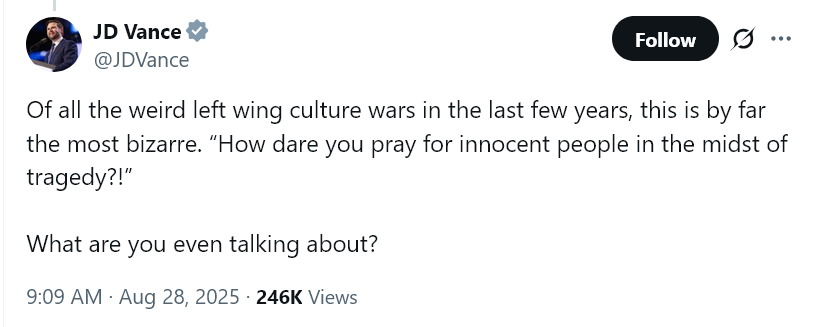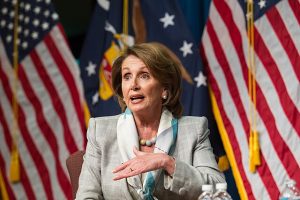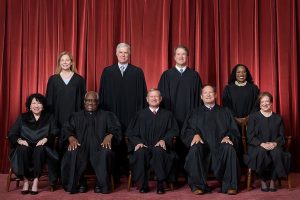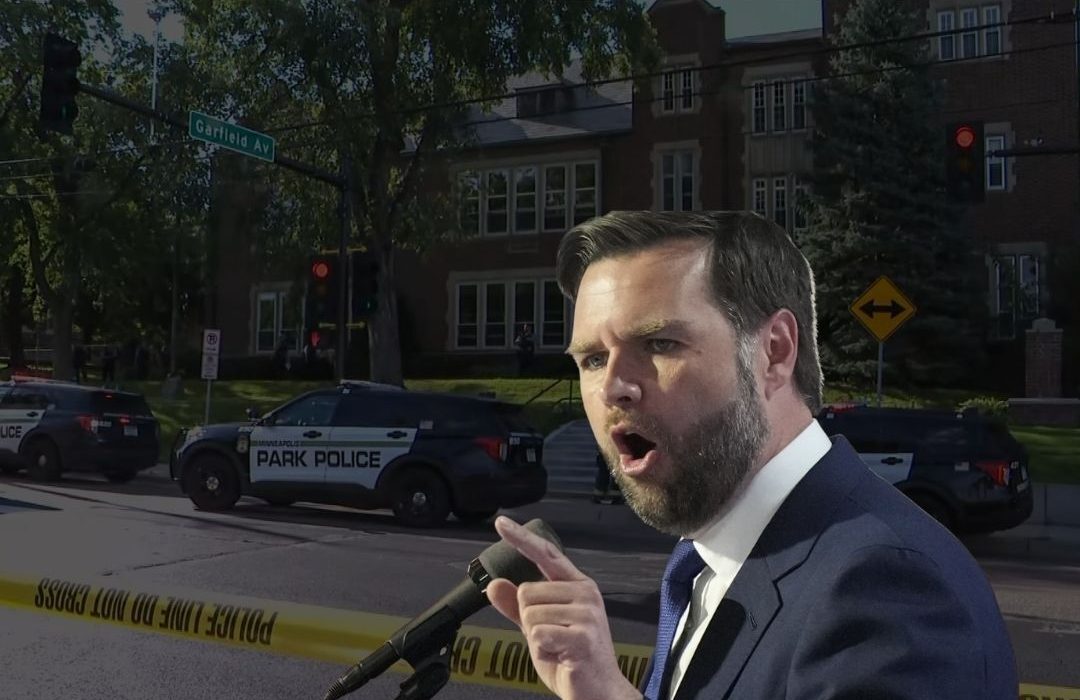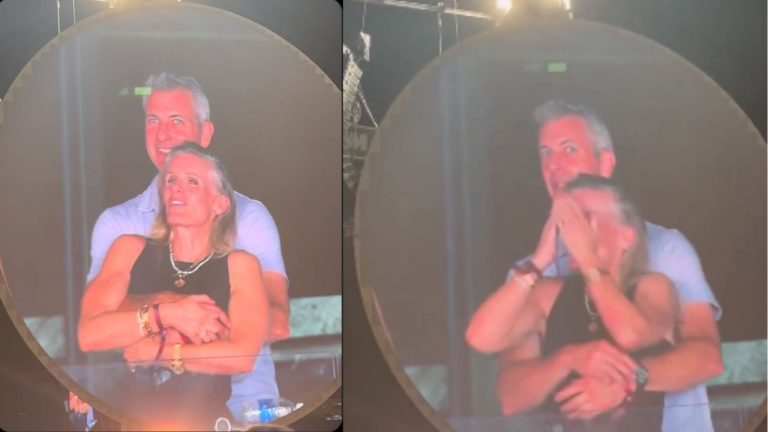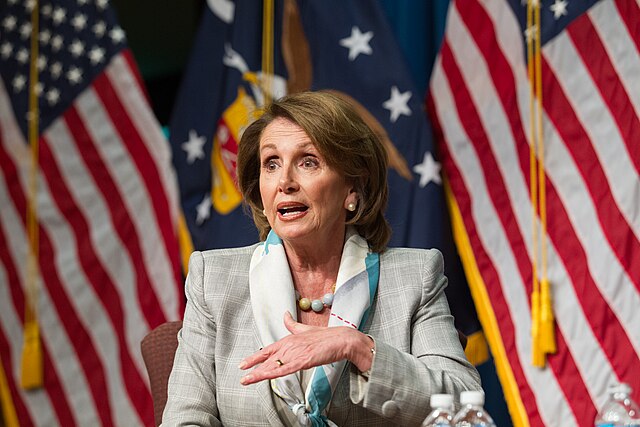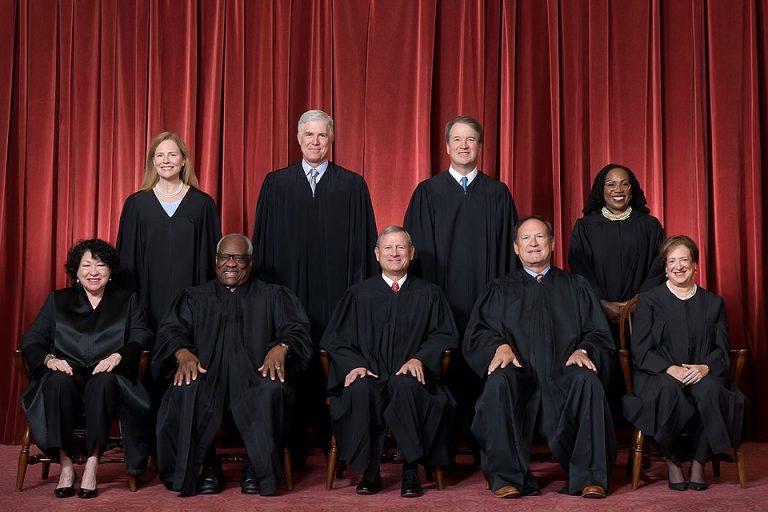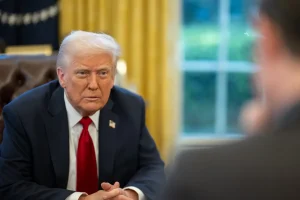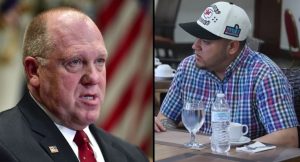VP Vance Pushes Back Against Jen Psaki Over Post-School Shooting Remarks
Vice President JD Vance clashed with MSNBC host and former White House Press Secretary Jen Psaki this week after Psaki criticized expressions of prayer following the tragic Catholic school shooting in Minneapolis. The exchange quickly drew national attention, adding another layer to an already raw public conversation about faith, violence, and culture in America.
Psaki’s Comments Spark Controversy
The controversy began when Psaki took to X (formerly Twitter) after the attack, voicing frustration with what she views as an insufficient public response.
“Prayer is not freaking enough,” Psaki wrote. “Prayer does not end school shootings. Prayers do not make parents feel safe sending their kids to school. Prayer does not bring these kids back. Enough with the thoughts and prayers.”
Her post immediately set off a storm of reactions. Supporters argued she was giving voice to a national frustration over repeated mass shootings, while critics accused her of using a tragedy to mock religious practice.
Vance’s Rebuke
Vice President Vance responded sharply, defending the role of prayer for grieving families and faith communities.
“We pray because our hearts are broken. We pray because we know God listens. We pray because we know that God works in mysterious ways, and can inspire us to further action,” Vance posted.
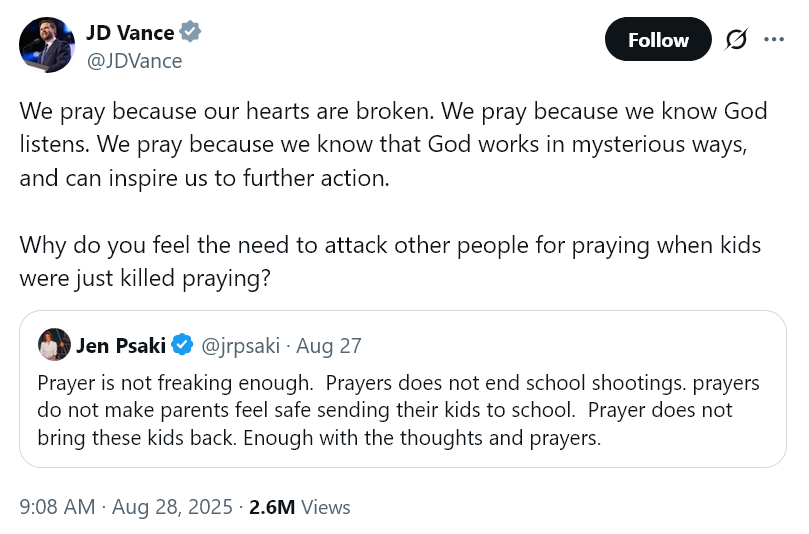
He then pointedly questioned Psaki’s motives:
“Why do you feel the need to attack other people for praying when kids were just killed praying?”
In a follow-up, Vance described Psaki’s remarks as emblematic of a broader trend in progressive politics.
“Of all the weird left-wing culture wars in the last few years, this is by far the most bizarre. ‘How dare you pray for innocent people in the midst of tragedy?!’ What are you even talking about?”
The Minneapolis Tragedy
The exchange took place against the backdrop of a devastating attack. On Wednesday, 23-year-old Robert Westman — a biological male who identified as female and used the name Robin — opened fire during a student Mass at Annunciation Church and Catholic School in Minneapolis. The shooting occurred during the first week of classes, when the church was filled with children and families.
Two children were killed and 17 others wounded in the assault. Authorities reported that Westman took his own life shortly after the shooting. Investigators later confirmed the suspect had posted a manifesto online outlining motives and had inscribed messages on weapons, including “Kill Donald Trump” and anti-Catholic and anti-Christian phrases.
The FBI has classified the case as a domestic terrorist attack targeting Catholics. Officials are continuing to examine Westman’s online activity, weapons purchases, and potential connections to extremist movements.
Broader National Debate
The tragedy has reignited debate on multiple fronts. Advocates for stricter gun laws argue that easy access to firearms enables mass shooters to carry out violence with devastating consequences. Mental health advocates stress the importance of identifying and treating individuals at risk of dangerous behavior.
But Psaki’s remarks — and Vance’s rebuttal — highlight another aspect of the debate: the role of faith and prayer in moments of national mourning. Many Americans, especially within religious communities, view prayer as both comfort and call to action. Critics, however, argue that “thoughts and prayers” have become a political cliché used to deflect attention from policy solutions.
Culture and Politics Collide
For Psaki, her statement was likely intended to push the conversation toward legislative responses to gun violence. For Vance, it became a matter of defending faith and the freedom of Americans to turn to prayer during moments of grief.
Political analysts note that the clash underscores larger cultural divisions. Religious conservatives see prayer as essential, while many progressives argue that faith-based responses are insufficient in the face of recurring violence.
Moving Forward
As Minneapolis grieves, the debate over Psaki’s comments and Vance’s defense continues to ripple across media platforms. For families directly affected by the attack, however, the immediate reality remains one of loss and recovery. Memorial services are being planned for the two young victims, and the Catholic community has called for both prayers and action.
Whether this moment becomes another flashpoint in America’s ongoing debates over guns, faith, and culture — or a catalyst for concrete policy change — remains to be seen. What is certain is that the intersection of tragedy, politics, and religion once again dominates the national conversation.
